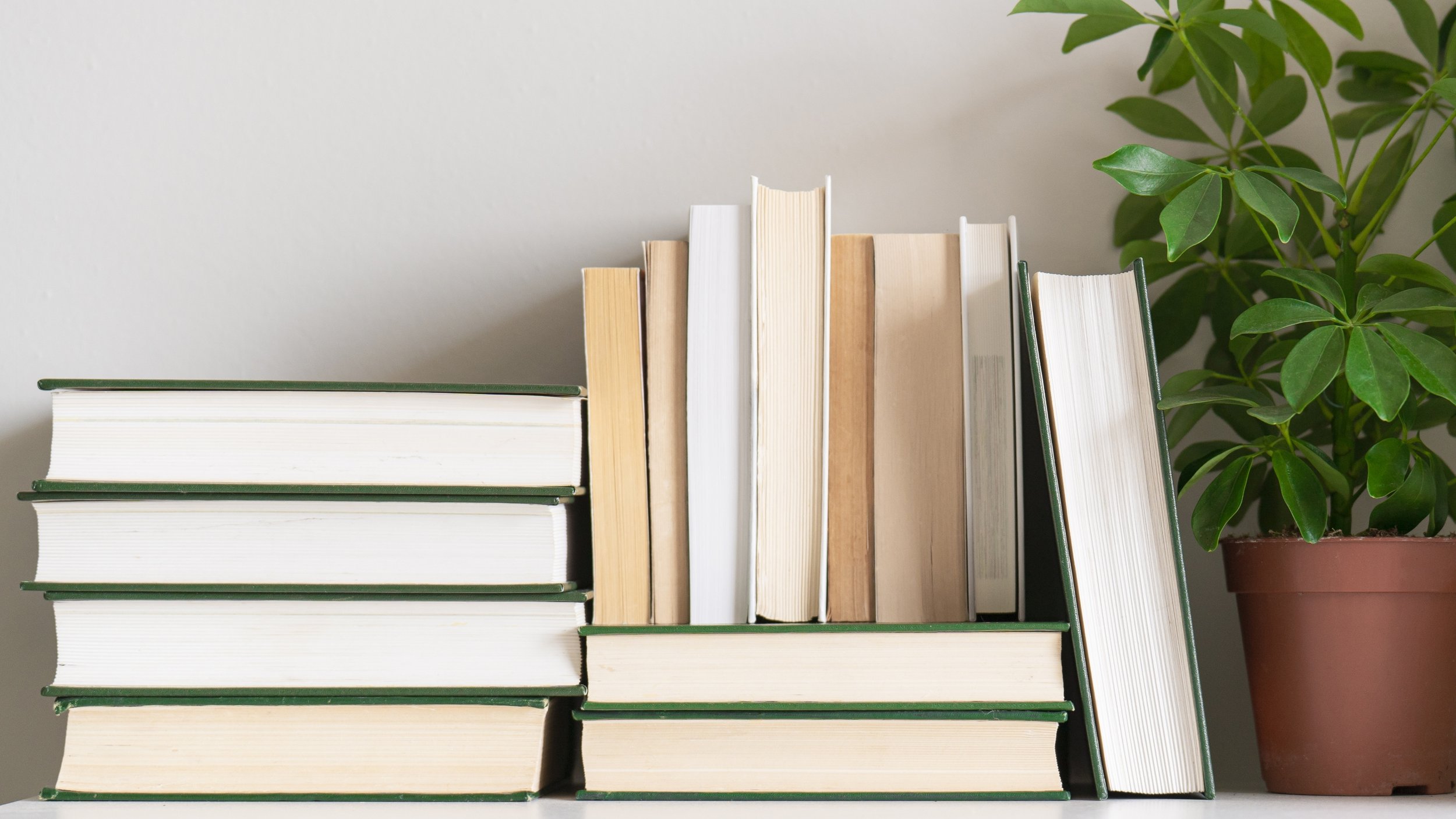2025/2026 Curriculum
“In Storyweaver literature courses, students learn the art of reading well, form eyes to see into other perspectives, develop voice in their written expression, and join their stories with the great conversation. Growing in wisdom while immersed in good books, students expand their understanding of the world and their place in it.”
High School
Becoming Free: Quests for Identity in American Literature
American literature explores both the pursuits and paradoxes of becoming free—unique identity quests of individuals, communities, and ultimately, a nation. In this course, students will trace this pursuit through classic works exploring freedom, belonging, and self-discovery. Featuring significant voices from various eras and backgrounds, readings examine how Americans have wrestled with timeless questions: What does it mean to be free? How do we define ourselves? What stories are uniquely ours? And how do these stories connect with the greater literary tradition?
This course will place emphasis on established approaches to interpretation in a variety of genres, focusing on the universality of themes and archetypes, analysis of structure and style, significance of historical backdrop, and recognition of literary devices such as tone, imagery, mood, allusions, and figures of speech. Class participation and discussion is at the heart of this course, which thrives on lively student interactions; therefore, every student is encouraged to make contributions to class activities and discussions, especially Socratic seminars. All students will receive a digital certificate & final grade upon the completion of each course, whether it be year-long or single semesters. Every text was selected on the basis of literary merit (judged by academic institutions), student enjoyment, and thematic significance.
Note: This course engages students in the intellectual depth and moral responsibility of great literature. While some texts explore mature themes such as injustice, human weakness, and moral failure, all are presented with literary integrity and serve as critiques rather than endorsements of vice. Discussions will encourage critical thinking, historical context, and an appreciation for the redemptive and enduring truths found in classic literature.
Fall Semester Texts & Assignments:
Colonial Narratives: Rowlandson, Smith, Crèvecœur
The Scarlett Letter
American Romantics: Emerson, Thoreau, Whitman
The Adventures of Huckleberry Finn
Narrative of the Life of Frederick Douglass
O Pioneers!
The Great Gatsby
Assignments: Writer’s Notebook Entries, Persuasive Essay, Creative Project
Spring Semester Texts & Assignments:
The Wasteland & Four Quartets
Short Stories: James, Jackson, Wharton, Gilman, Chopin, Welty, Faulkner, O’Connor, Alexie
Their Eyes Were Watching God
The Crucible & “Letter from Birmingham Jail”
Fahrenheit 451
American Poets: Oliver, Dickinson, Frost, Hughes, Berry
Assignments: Writer’s Notebook Entries, Embedded Narrative, Final Synthesis Essay
Middle School
Reading the Seasons: Patterns of Good Stories & Great Books
Stories follow timeless patterns modeled after the seasons—patterns that have shaped myths, fairy tales, and literature for centuries. In this course, students will explore four classic story structures: Comedy (Spring), Romance (Summer), Tragedy (Fall), and Satire (Winter). Each season reflects different themes, and learning to identify such patterns helps students recognize deeper meanings in stories. Through a selection of classic literature and contemporary award-winning tales, students will observe each structure in action, learning to make historical and literary connections along the way.
Pursuing an atmosphere of scholé & gentle learning, this course will place emphasis on teaching young scholars how to probe quality texts for deeper meaning, while guiding them through the analysis process, recognizing historical context and literary devices such as imagery, mood, allusions, and figures of speech. Class participation and discussion is at the heart of this course, which thrives on lively student interactions; therefore, every student is encouraged to make contributions to class activities and discussions. While I will provide feedback on polished work, this course can be completed with or without a final grade, according to the desires of each family. All students will receive a digital certificate upon the completion of each course, whether it be year-long or single semesters. Please note that while I will point out areas for improvement in student writing, this is specifically a language arts course & will not cover a grammar curriculum.
Fall Semester Texts & Assignments:
A Place to Hang the Moon
The Silver Chair
Short Stories: Irving, Poe, Wilde, Anderson, Maupassant, O’Henry
Wolves of Willoughby Chase
Assignments: Writer’s Notebook Entries, Group Character Analysis, Personal Narrative, Creative Project
Spring Semester Texts & Assignments:
The Wednesday Wars
Esperanza Rising
Garfield adaptations of Hamlet & Julius Caesar (with excerpts from Shakespeare’s original plays)
Animal Farm
Grimm Fairy Tale Selection & The Light Princess
Assignments: Writer’s Notebook Entries, Persuasive Essay, Original Fairy Tale
“Calli is the kind of teacher every student hopes for: kind, joyful, and impassioned. Her genuine love of literature informs every aspect of her teaching, and she can light a spark in even the most reluctant of readers. Thoughtful and intentional, Calli builds trust with her students because they know—and can see in each daily activity—that she has developed a meaningful plan for their learning.”

2025/26 Academic Calendar
FALL Semester
Orientations: Week of August 25th
Start Date: Tuesday, September 2nd
End Date: Friday, December 12th
1 Week Thanksgiving Break
4 months tuition, 14 weeks of classes
SPRING Semester
Orientations: Week of January 5th
Start Date: Tuesday, January 12th
End Date: Friday, May 15th
1 Week Spring Break (mid-March)
5 months tuition, 17 weeks of classes

